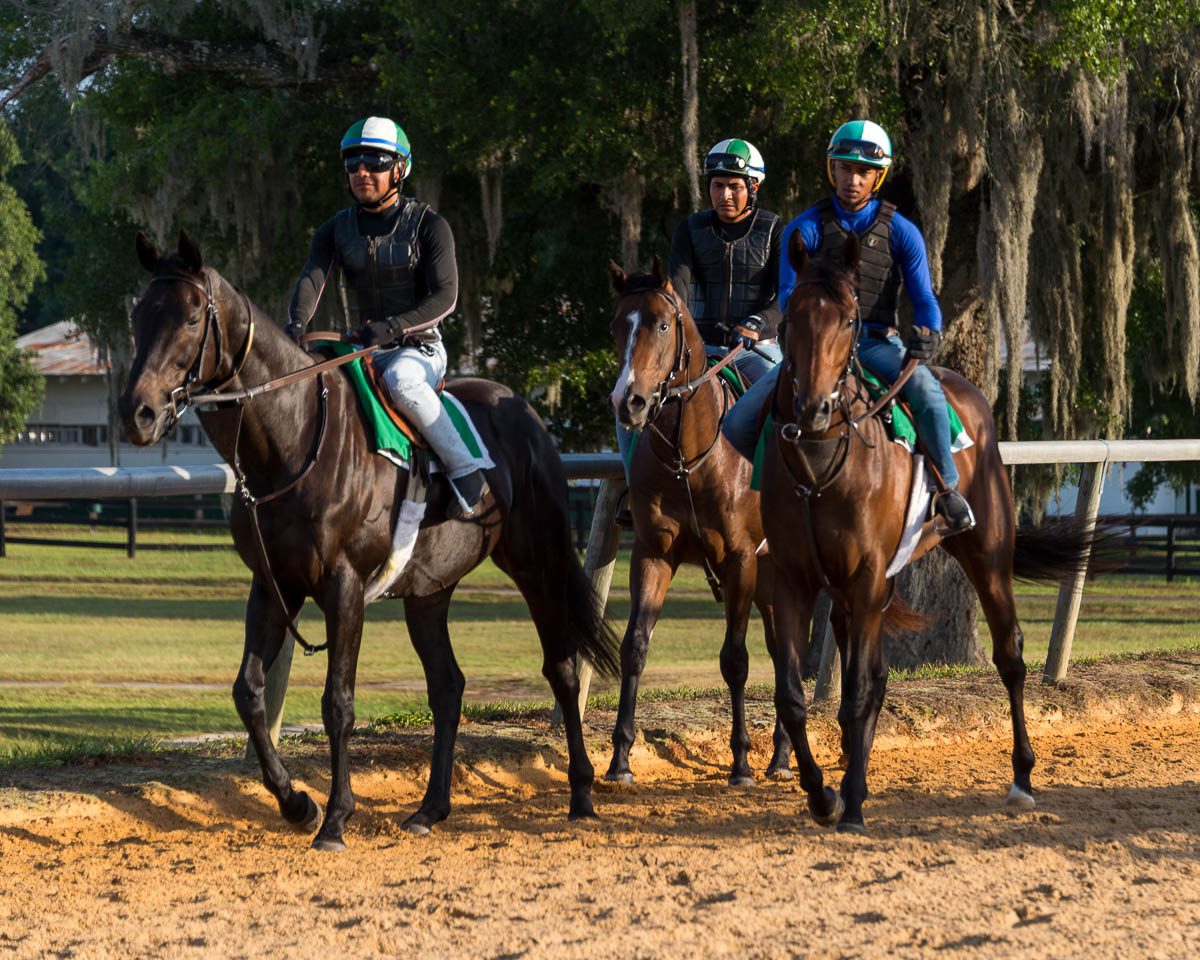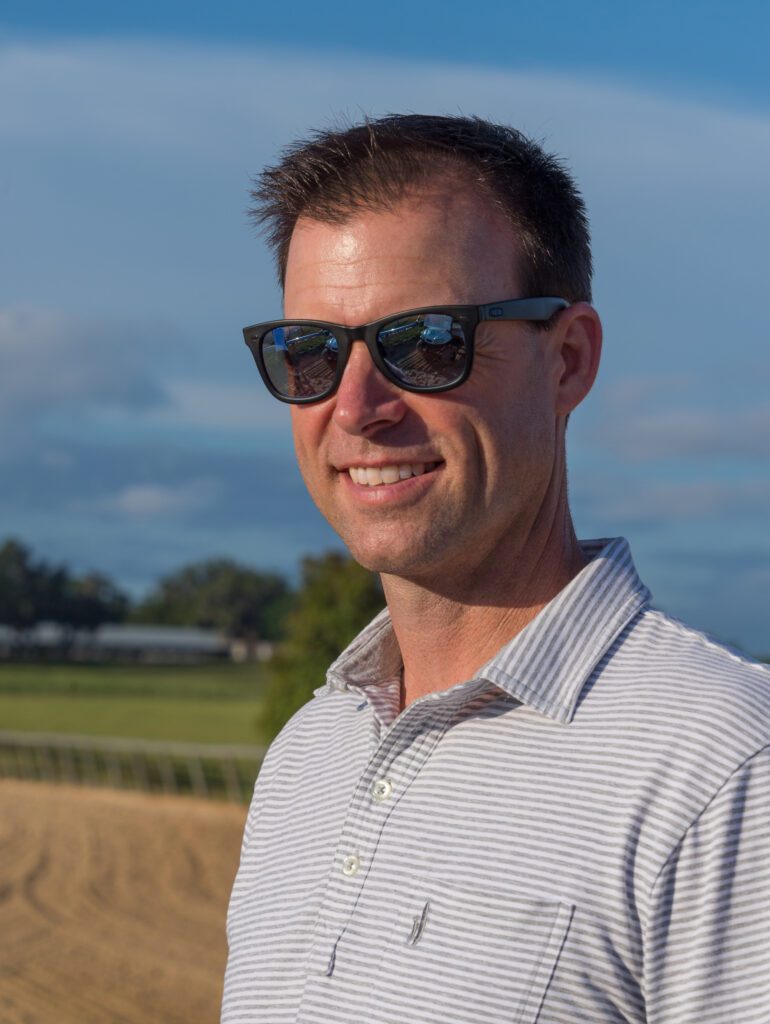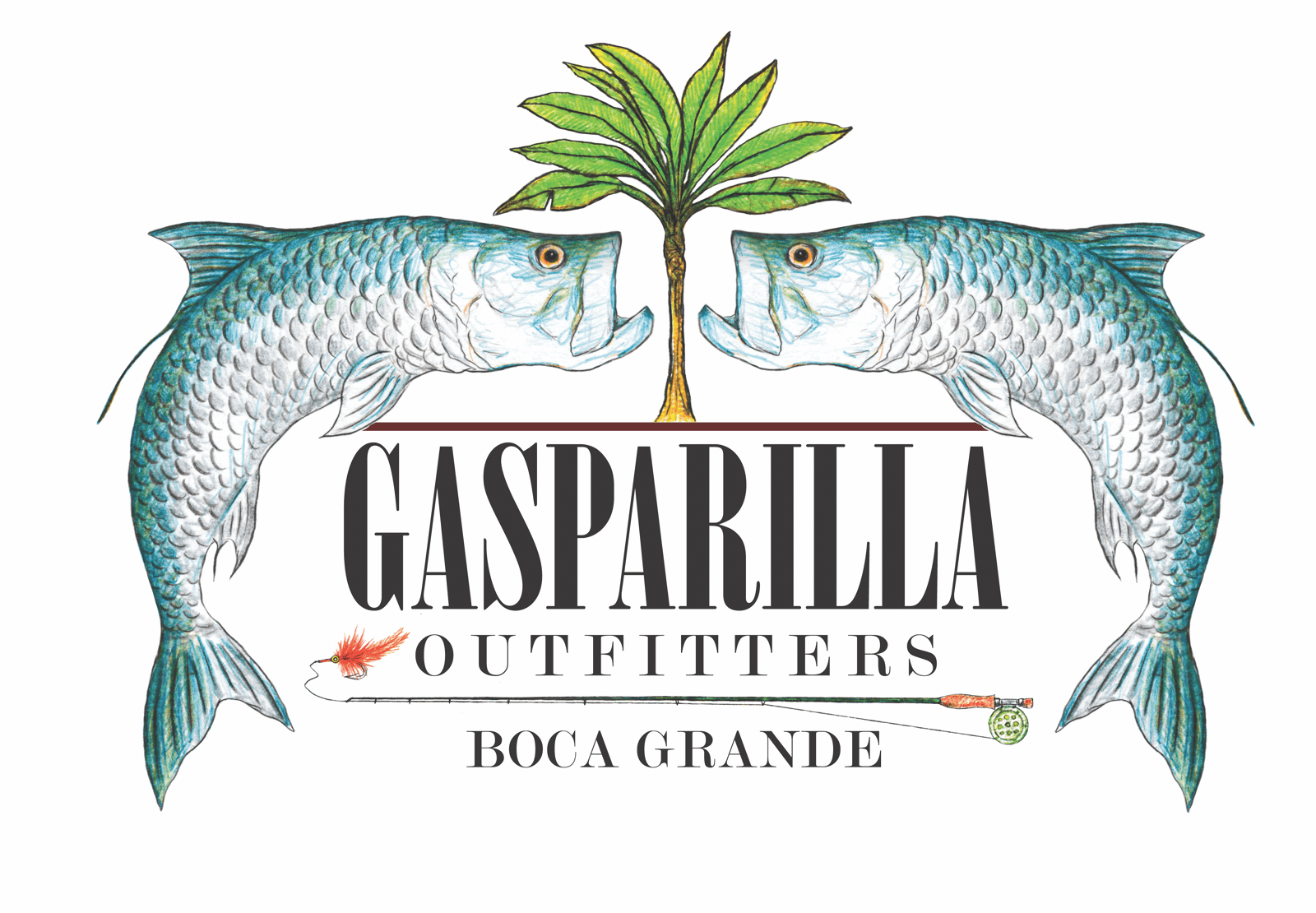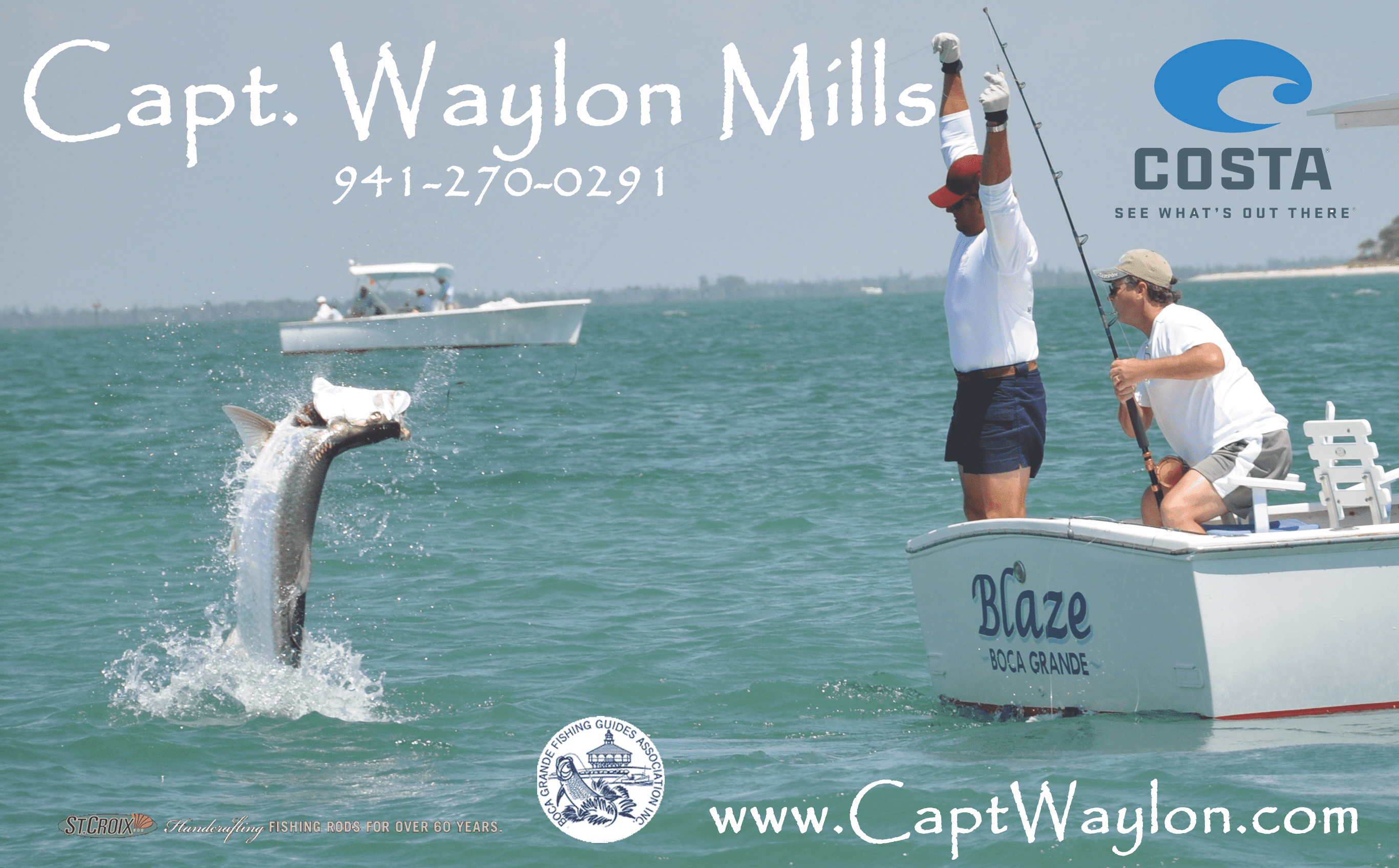Sellout of Florida racetracks for slots would ruin horse racing

Above, Ocala Stud, in a photo by Louise Rienagel
BY DAVID O’FARRELL
Through nearly 70 years and three generations, my family’s Ocala Stud Farm has poured heart, soul and heavy reinvestment into Florida’s racing industry. My grandfather put Florida-bred horses on the national stage and proved you could raise Derby winners and champions outside Kentucky. My father carried that legacy forward, and today I am fighting to protect everything my family and thousands of others have built from a misguided and misrepresented proposal in the State Senate and House of Representatives.
Ocala Stud today cares for 361 thoroughbreds – including stallions, broodmares and foals, yearlings and horses in training – on more than 600 acres. Our employment provides for 82 families. They might not be quite as big, but there are thousands more horse farms like ours in Florida, each constituting a substantial small business, as does every trainer’s racing stable.
But now Florida lawmakers are considering legislation that would sell out our industry to out-of-state gambling interests with no loyalty to our racing and breeding heritage.

House Bill 105 and Senate Bill 408 threaten to “decouple” live horse racing from thoroughbred gaming venues, stripping away the requirement that thoroughbred racing permit holders conduct live races. The consequences: With substantially reduced or no horse racing, Florida’s breeding industry withers. Farmers and small-business owners reliant on our thoroughbred agribusiness are hard-pressed to stay afloat.
This has nothing to do with property rights. Gulfstream Park was granted a license for slots and card rooms because of live racing. They leveraged our industry to gain entry and now that they’ve benefited, they want to cast us aside.
This reckless legislation would allow Gulfstream Park’s Canadian parent company to operate a stand-alone gaming facility without having to maintain its racing operation. The result? A painful dismantling of one of Florida’s signature industries, leaving the livelihoods of tens of thousands of workers and businesses in its wake, much of it in rural areas dependent upon agriculture.
Gulfstream Park reaps $39 million in net revenue from its slots operation, according to state figures. The track and this legislation’s supporters erroneously and callously paint as a subsidy a portion of slots going into purses for the owners of horses that put on the show. In reality, that’s the price of Gulfstream being allowed to operate a slots casino, readily agreed to in 2006 when the track entered into a partnership with its horsemen.
Look at the return on investment to Florida:
Thoroughbred racing and breeding are an economic juggernaut. According to an independent American Horse Council study in 2023, the industry generates a $3.24 billion economy and supports 33,500 Florida jobs. Florida racing brings in millions of dollars from out of state to our hospitality and tourism industries. The vast majority of North America’s young thoroughbreds get their early training in the Ocala region. The Ocala Breeders’ Sales Co. is a leading exporter of future racehorses across America and overseas.
Decoupling will only export jobs.
Gulfstream Park’s parent company, now called 1/st Racing, has a history of abandoning racing venues in other states. Legislators should question the real motive behind these decoupling bills. Hard questions should be asked if this is a subterfuge for corporate interests seeking a backdoor into Florida’s casino market, including 1st Racing’s new partnership with NASCAR as their “parimutuel gaming partner.” Don’t be fooled: These bills are not about preserving thoroughbred racing, as the sponsors might suggest. It’s about slot machines, sports betting, and a quick payday.
That quick payday would cost Florida thousands of jobs to rival states, such as Kentucky, that have flourished with fair regulations and supportive racetrack operators. Florida lawmakers understood this with last year’s thoughtful legislation to enhance breeding and racing incentives.
Lawmakers must decide whether they’ll continue to stand with our hardworking horsemen, breeders and individuals who have built our state’s thoroughbred industry into a cornerstone of an entire agricultural and small-business ecosystem. Or are we going to let a Canadian-owned company, owned by a former member of Canada’s parliament, destroy that?
The stakes have never been higher. Help us fight for Florida’s future. Tell your state legislators to vote YES for our jobs and agribusiness by voting NO to decoupling.
David O’Farrell is a third-generation Florida horseman and general manager of Ocala Stud, one of Florida’s premier thoroughbred breeding and training operations. O’Farrell is president of the Thoroughbred Racing Initiative and chairman of the Thoroughbred Owners and Breeders Association. To find out more, visit ftboa.com.
- Film expert to speak on the future of film at this year’s Boca Grande Film Festival
- Send us your Love Lines Valentine notes
- 5th Street Beach Access open again after weekend storms
- Hermitage Artist Retreat plans spring program in Boca Grande with Joe Iconis and Lauren Marcus
- Boca Grande Hope For Haitians builds on 16 years of impact









